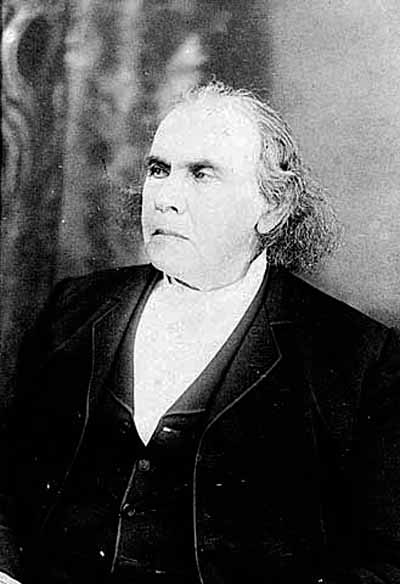Reverend William King National Historic Person (1812-1895)

© Library and Archives Canada
Reverend William King was designated as a national historic person in 2005.
Historical importance: his efforts brought him international acclaim and focused attention on the Abolition Movement in British North America
Commemorative plaque: St. Andrew’s United Church, South Buxton, OntarioFootnote 1
Reverend William King
As an abolitionist who had owned slaves in the United States, Reverend William King made a unique contribution to the anti-slavery movement in British North America. His religious beliefs and humanitarian ideals inspired King in 1849 to found the Elgin Settlement, which grew to be the most successful planned community for African American refugees in Canada. A tireless leader, he worked to break down racial barriers by building links between this settlement and surrounding communities. King's work brought him both national and international acclaim, and focused attention on the fight to end slavery.
The National Program of Historical Commemoration relies on the participation of Canadians in the identification of places, events and persons of national historic significance. Any member of the public can nominate a topic for consideration by the Historic Sites and Monuments Board of Canada.
- Date modified :